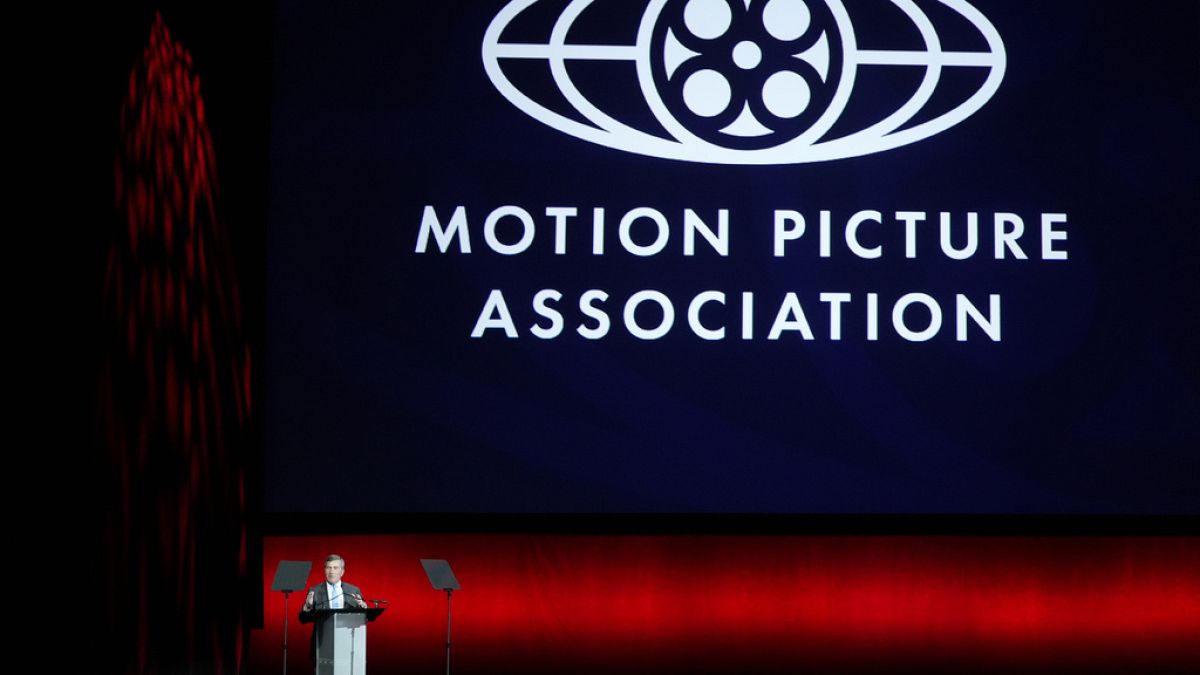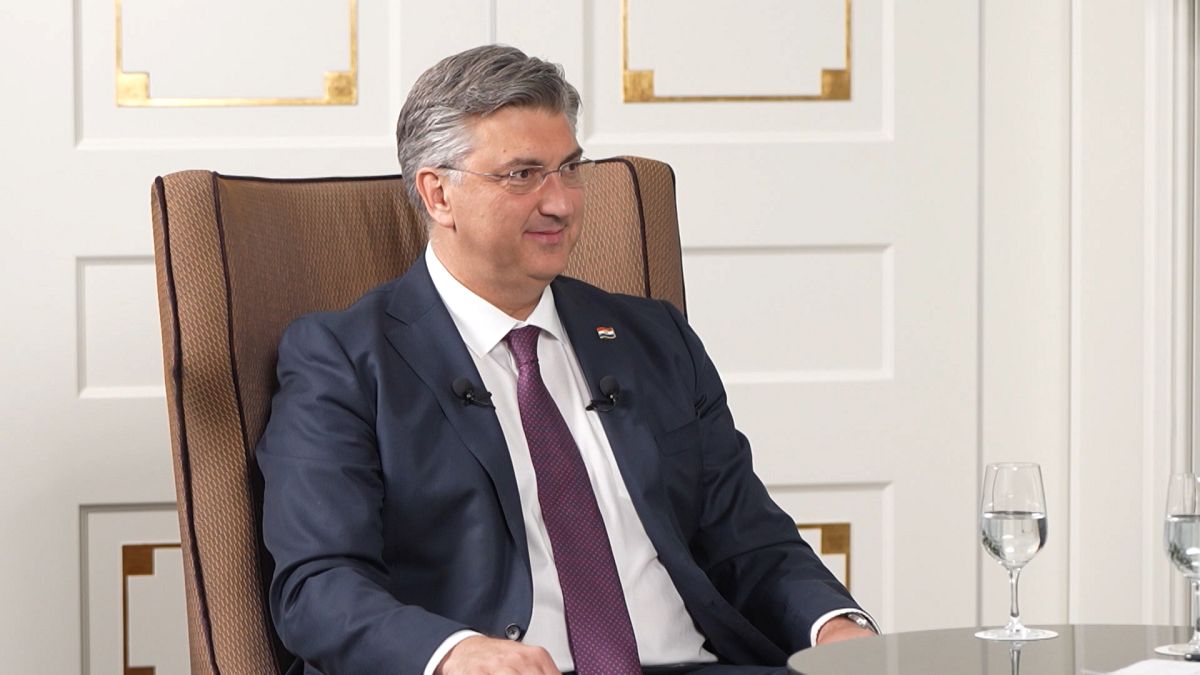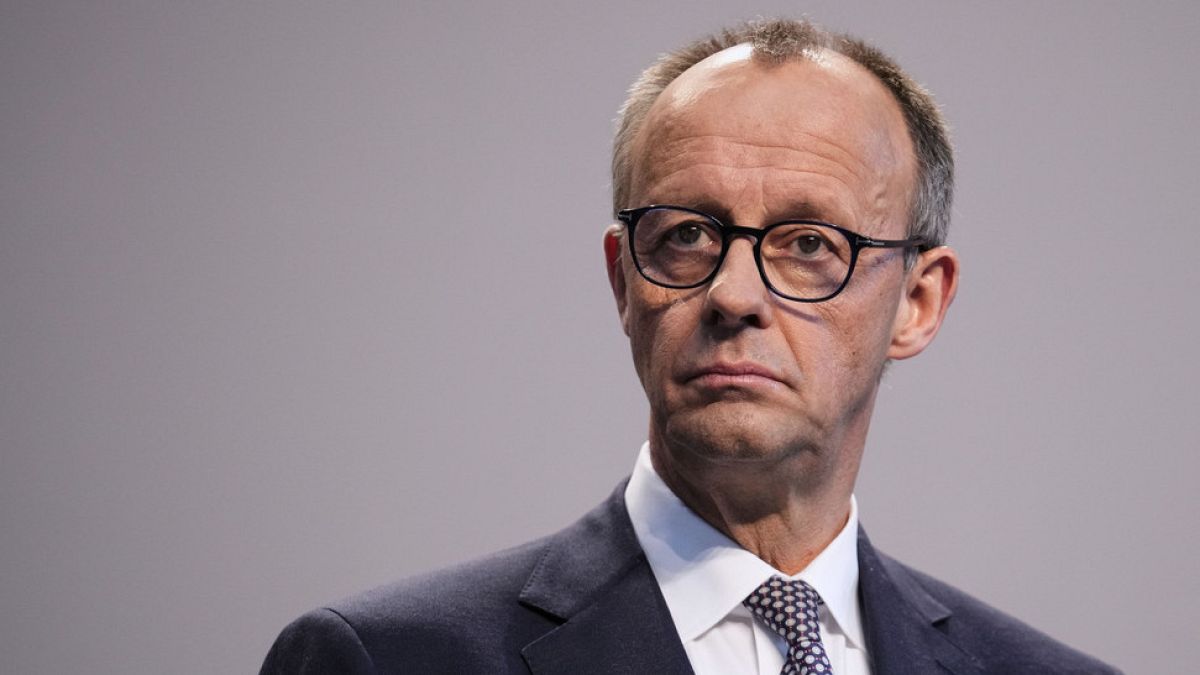The film sector will not fare well if it is swept onto the negotiation table in ongoing trade tussle between Brussels and Washington, a key EU film industry representative has told Euronews.
“We don’t want to be part of the overall negotiation on tariffs between Europeans and Americans,” Juliette Prissard, General Delegate of Eurocinema, which represents film producers in Brussels, told Euronews, adding: “There is always the risk that culture will take second place to EU legislation such as that on digital.” According to Prissard, EU legislation on audiovisual could hold less value in the eyes of the European Commission than other EU rulebooks, leading to fears that the executive could sacrifice them to find a deal with the US to end the trade war.
In a post Sunday night on his Truth Social platform, Trump said he has authorised the Department of Commerce and the Office of the US Trade Representative to slap a 100% tariff “on any and all movies coming into our Country that are produced in foreign lands.”
“The Movie Industry in America is DYING a very fast death,” he wrote, complaining that other countries “are offering all sorts of incentives to draw” filmmakers and studios away from the US. “This is a concerted effort by other Nations and, therefore, a National Security threat. It is, in addition to everything else, messaging and propaganda!”
It wasn’t immediately clear how any such tariff on international productions could be implemented. It’s common for both large and smaller films to include production both in the US and other countries. Big-budget movies like the upcoming “Mission: Impossible – The Final Reckoning,” for instance, are shot around the world.
The European Commission declined to comment on the statement on Monday, saying only that it would await concrete measures before reacting.
“If Europeans can no longer make films outside the US, it becomes absurd,” André Buytaers, president of Pro Spere, the Belgian federation of audiovisual and film creators and performers, told Euronews, adding that “in any case, there are very few European films in circulation in the US, so the impact on Europeans will not be huge.”
Screenings of European movies in the US have declined in recent years, dipping from around 33 millions of ticket sales in 2017 to 4.8 million in 2023, according to a report of the European Audiovisual Observatory from November 2024 conducted among 36 European countries (including EU member states and some non-EU countries).
The Motion Picture Association (MPA), which represents US film, television, and streaming industries, wrote to the US administration on 11 March flagging EU legislation imposing quotas requiring video on demand services operating in the EU reserve 30% of their catalogue for European work. They also complained of obligations to invest in European works made by EU member states.
EU’s audiovisual legislation was also highlighted as a barrier to trade with the EU by a US trade representative’s report published on 2 April.
The EU, which is already facing tariffs of 25% on its aluminium and steel, 25% on its cars and 10% on all its imports, is negotiating with the US administration on a trade deal to end the war launched by Trump’s administration. But the content of the negotiation remains uncertain, and the audiovisual production quotas would not be part of the discussion, an EU official told Euronews.
Trump’s threats came in time to dominate conversation at the the Cannes Film Festival, which opens on 13 May.












